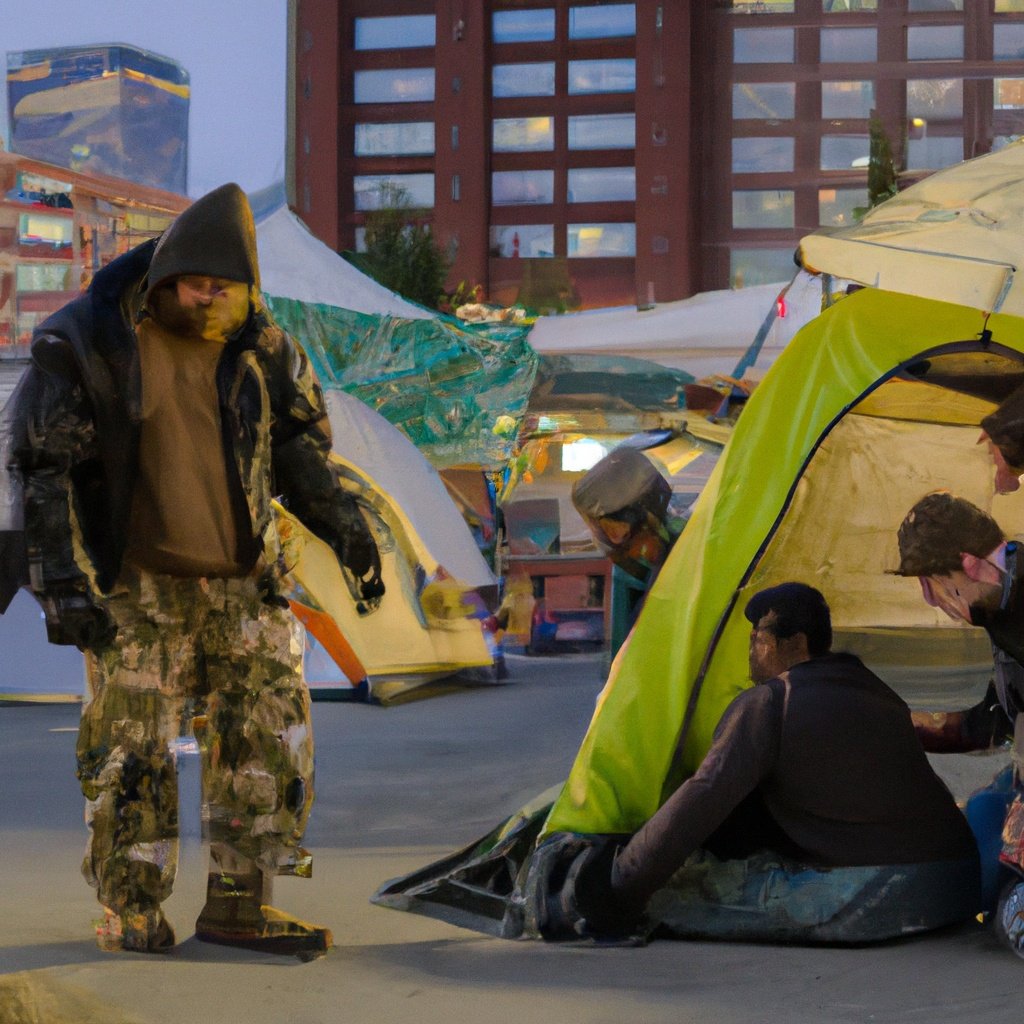Effects of Homelessness
Being homeless can have severe effects
Health effects
- Lack of adequate shelter increases the risk of illness and disease from exposure to the cold or heat. Homeless populations have higher rates of upper respiratory infections, skin infections, tuberculosis, pneumonia, and other illnesses.
- Homelessness is linked to malnutrition and dehydration from inconsistent access to healthy food and clean drinking water. Food insecurity also impacts growth in children.
- Chronic disease like diabetes, high blood pressure, and HIV/AIDS often go untreated due to lack of regular medical care. Preventive services like immunizations are also missed.
- Substance abuse is more common among homeless adults as a coping mechanism. This can worsen existing health conditions.
- Mental health disorders such as depression and PTSD occur at higher rates due to the stresses and trauma of homelessness. Lack of treatment further exacerbates symptoms.


Safety effects
- Living on the streets or in shelters puts people at greater risk of violence, victimization, and exploitation. Women and children are especially vulnerable.
- Homeless individuals are more likely to be victims of assault, rape, abuse, robbery, and hate crimes. Perpetrators often target those least likely to go to police.
- Unhygienic living conditions raise the likelihood of infections and diseases spreading among the homeless community.
Emotional effects
- Adults and children without homes commonly feel scared, stressed, hopeless, humiliated, depressed, socially excluded, and worthless due to their living situation.
- Homelessness creates significant barriers to building social relationships and support networks. Isolation takes an emotional toll over time.
- Self-esteem often suffers greatly. Some, especially youths, internalize shame and stigmas attached to being homeless.
- The inability to meet basic needs like food, shelter, and healthcare plus constant instability causes anxiety, anger, and overall despair.
- Grief, guilt, and regret over lost stability, possessions, opportunities, and relationships (e.g. broken family ties) are common.

